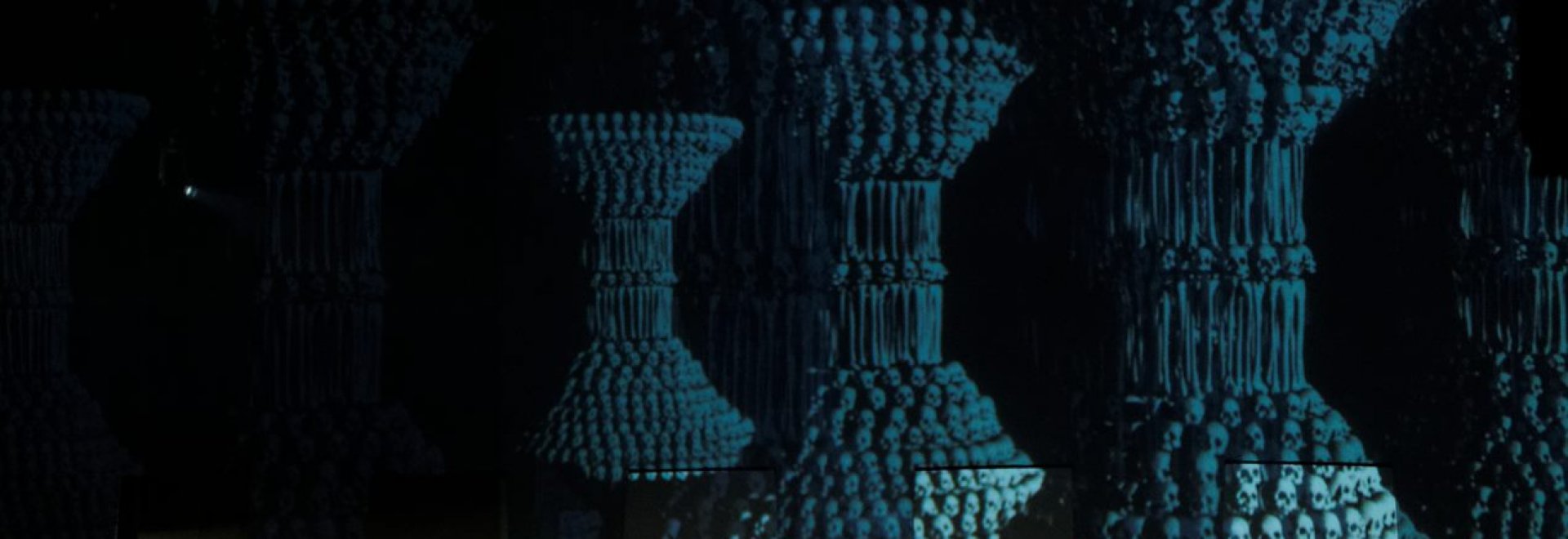
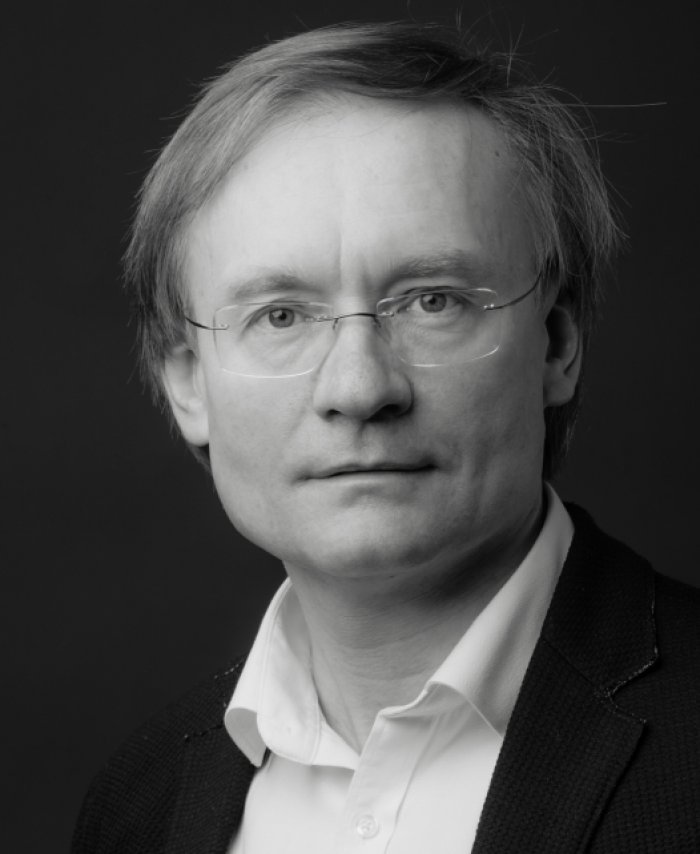 ROBERTAS ŠERVENIKAS
Conductor
ROBERTAS ŠERVENIKAS
Conductor
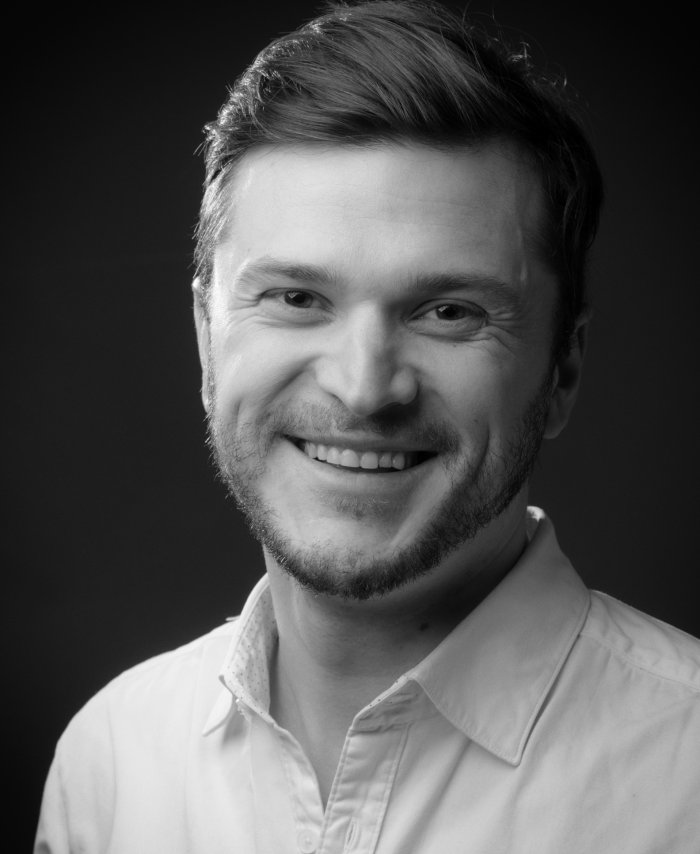 TOMAS PAVILIONIS
Cornet Christopf Rilke
TOMAS PAVILIONIS
Cornet Christopf Rilke
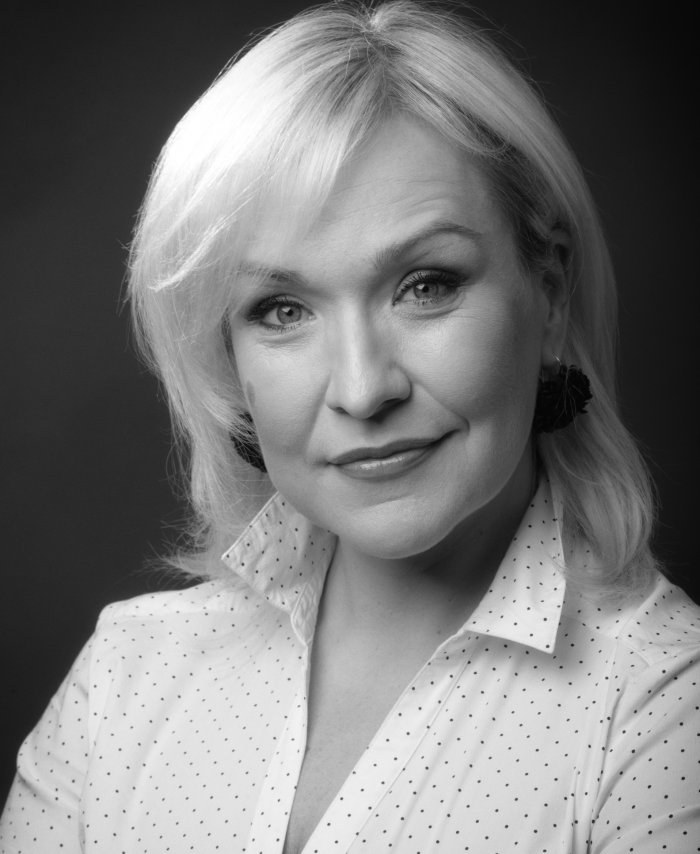 JOVITA VAŠKEVIČIŪTĖ
The Countess, Marquis
JOVITA VAŠKEVIČIŪTĖ
The Countess, Marquis
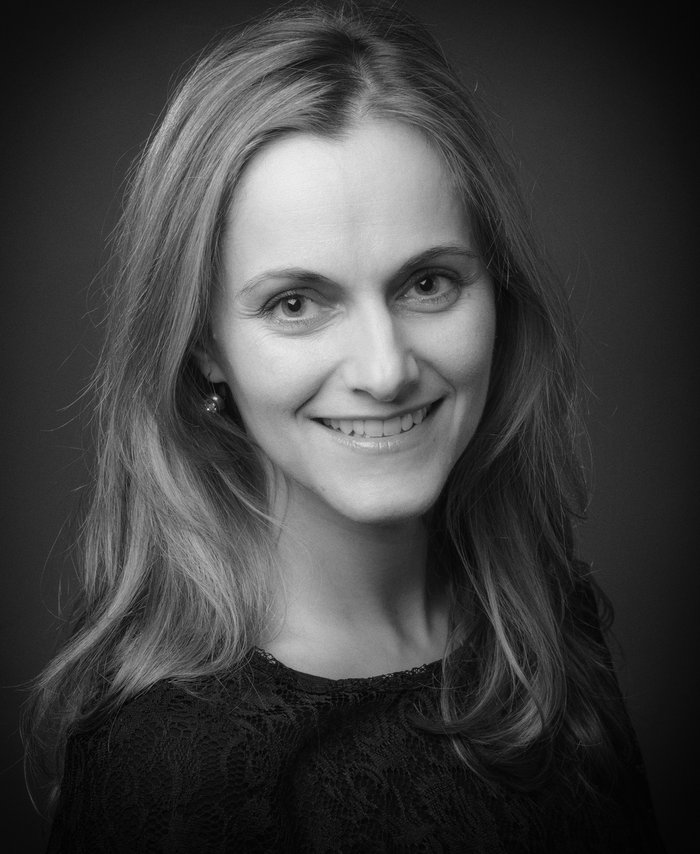 GUNTA GELGOTĖ
Dream maiden, the Screaming girl
GUNTA GELGOTĖ
Dream maiden, the Screaming girl
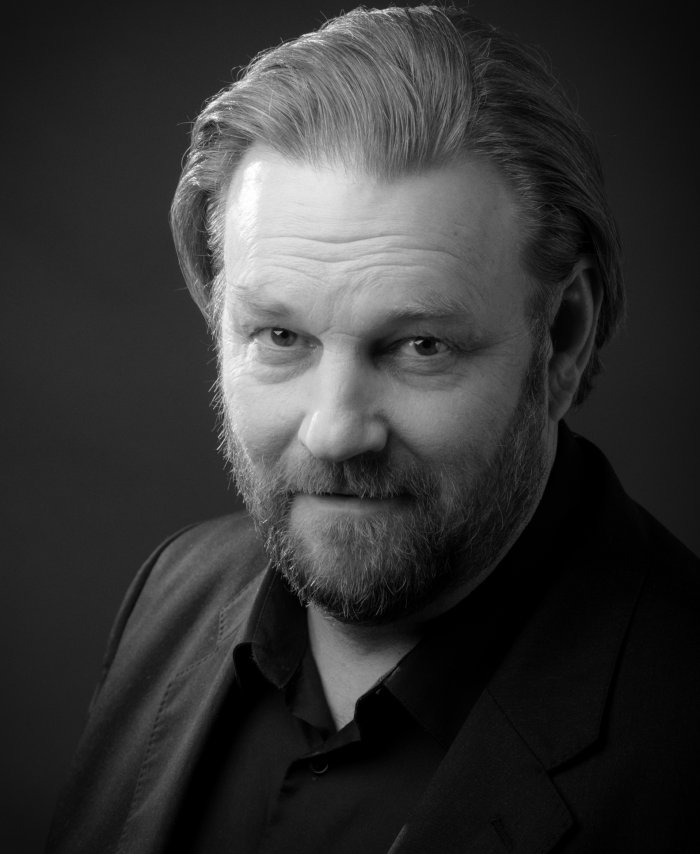 LIUDAS NORVAIŠAS
General, Knight, an Old Man
LIUDAS NORVAIŠAS
General, Knight, an Old Man
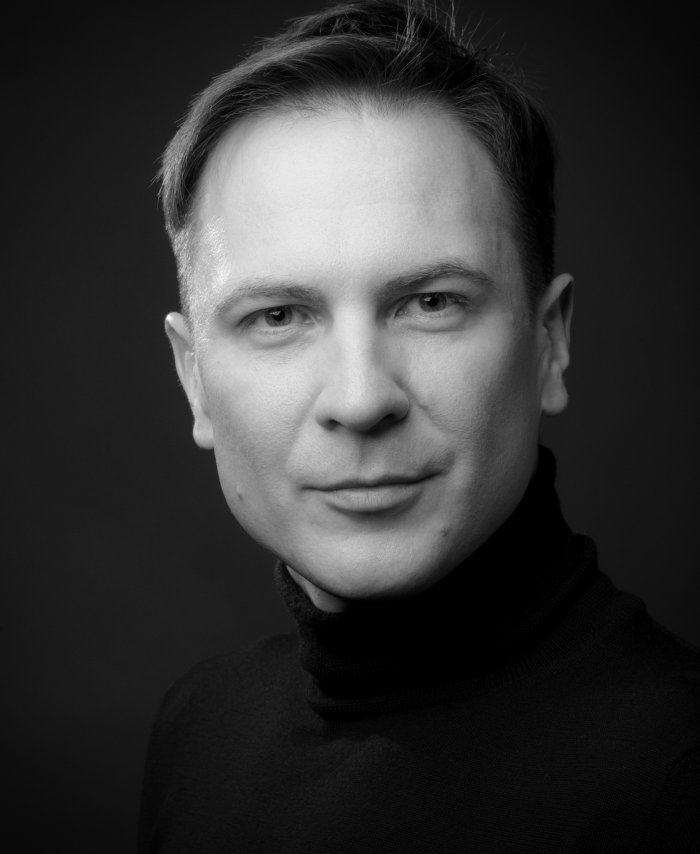 EUGENIJUS CHREBTOVAS
Cornet’s double
EUGENIJUS CHREBTOVAS
Cornet’s double
 REGINA ŠILINSKAITĖ
Magdalene, First lady, First siren, First nameless voice
REGINA ŠILINSKAITĖ
Magdalene, First lady, First siren, First nameless voice
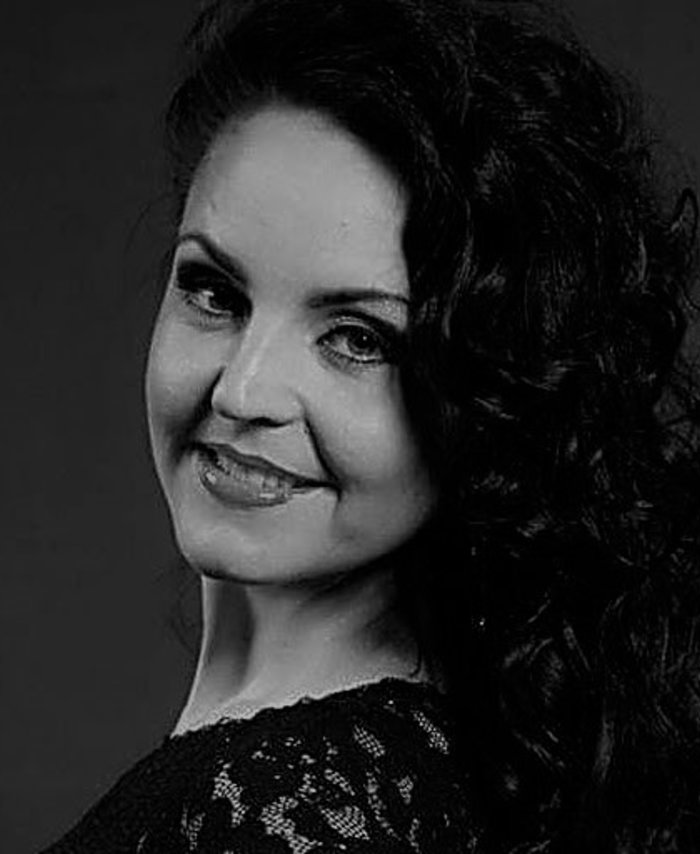 VILIJA MIKŠTAITĖ
Woman in a red dress, Second lady, Second siren, Second nameless voice
VILIJA MIKŠTAITĖ
Woman in a red dress, Second lady, Second siren, Second nameless voice
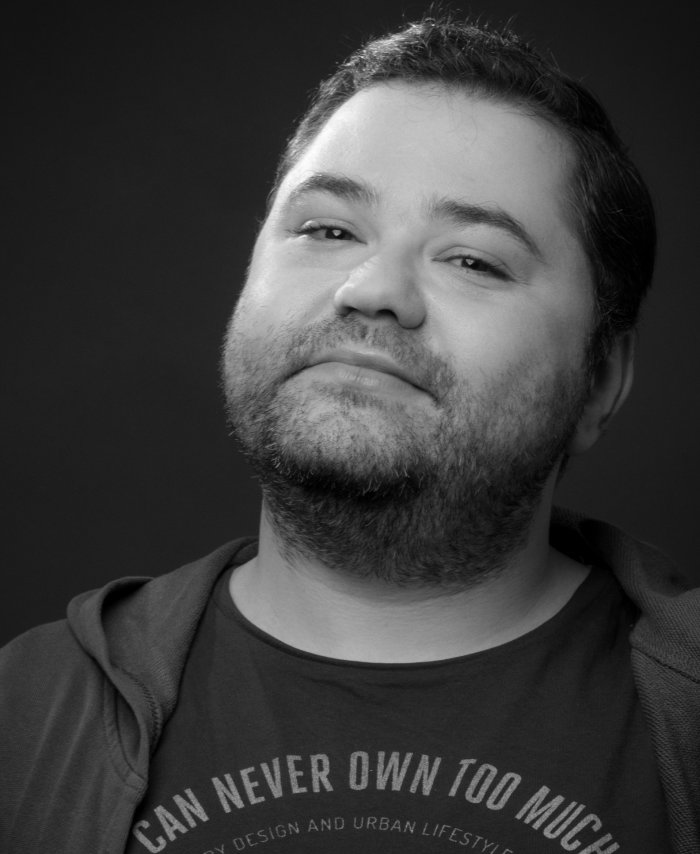 RAFAILAS KARPIS
Contemporary, First guest, Third nameless voice
RAFAILAS KARPIS
Contemporary, First guest, Third nameless voice
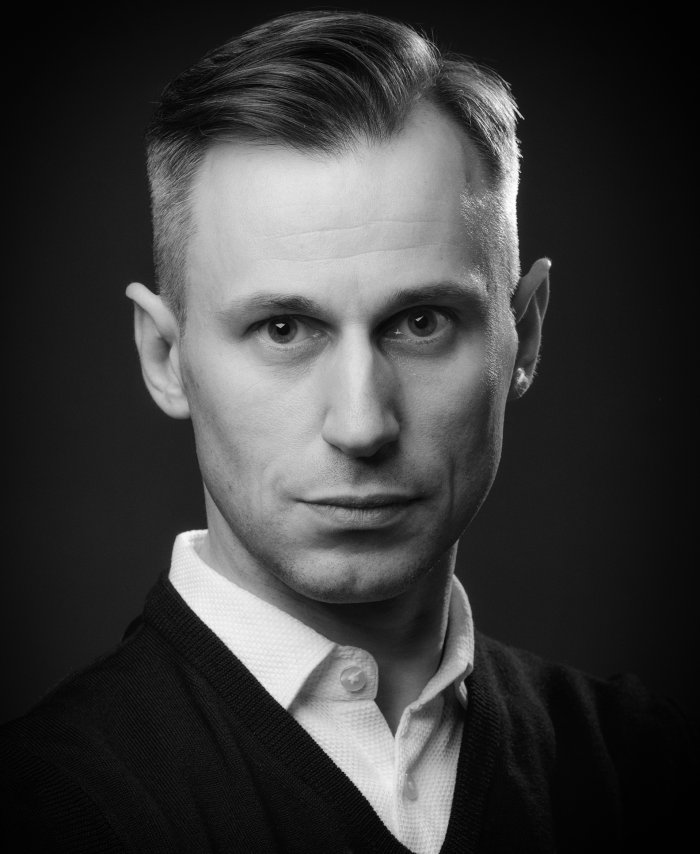 Mindaugas Jankauskas
Contemporary, First guest, Third nameless voice
Mindaugas Jankauskas
Contemporary, First guest, Third nameless voice
 EGIDIJUS DAUSKURDIS
Publisher, Second guest, Fourth nameless voice
EGIDIJUS DAUSKURDIS
Publisher, Second guest, Fourth nameless voice
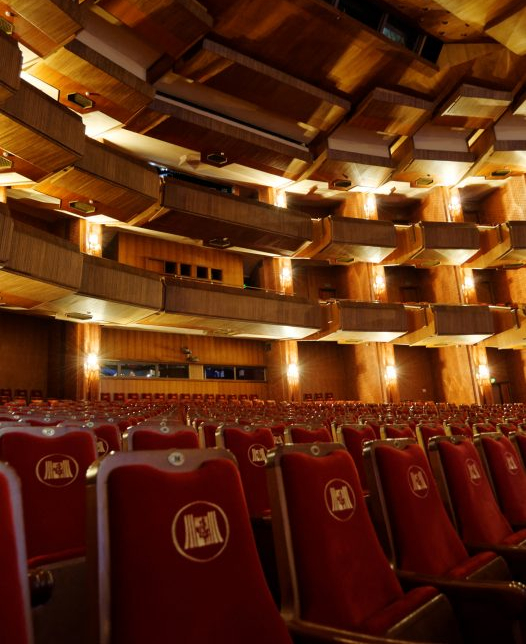 Rūta Rikterė
pianist
Rūta Rikterė
pianist
This opera is a free improvisation on the subject of Rainer Maria Rilke’s "Die Weise von Liebe und Tod des Cornets Christoph Rilke" (eng. "The Lay of the Love and Death of Cornet Christopher Rilke"). In the chronicles of the 17th century there exists a message about a young man Rilke von Langenau who served as a cornet in the imperial Austrian Heistersch regiment of baron von Pirovan and didn’t return from the war with Turks; this little fragment turned into a source of inspiration to one of the greatest European poets, who in the junction of the 19-20th century transformed Rilke von Langenau’s story, in his own words, into a poetic “flight in one breath”. Now, in the 21st century, this opera-improvisation is speaking of the universality of that story, as if trying to state that human yearning – for love or transcendence – always remains the same, no matter the circumstances.
In the libretto one can find fragments from Rilke’s works of literature and letters, there are also bits from "Die Weise von Liebe und Tod des Cornets Christoph Rilke" (Lithuanian translation by Henrikas Nagys, done in 1943). This reading of the Cornet’s story is further embellished by quotes takes from the writings of other authors, such as Homer, Johann Wolfgang Goethe, Charles Baudelaire, Oscar Milosz, Georg Trakl, Paul Celan, Jacques Prévert and Oskar Kokoschka, to whom Rilke’s publisher wanted to commission illustrations for Cornet. Through such use of quotes new subtexts and associations are born, introducing associative documentary aspects that accompany the literary prototype, and Cornet Christoph Rilke, wandering on the roads of war and tormented by painful yearning, turns into a generalized image of a Poet that connects all lands and times.
R. M. Rilke’s poetic storyline is reflected in the opera, however, it serves more as a pretext, starting point and inspiration to a personal vision.
Onutė Narbutaitė